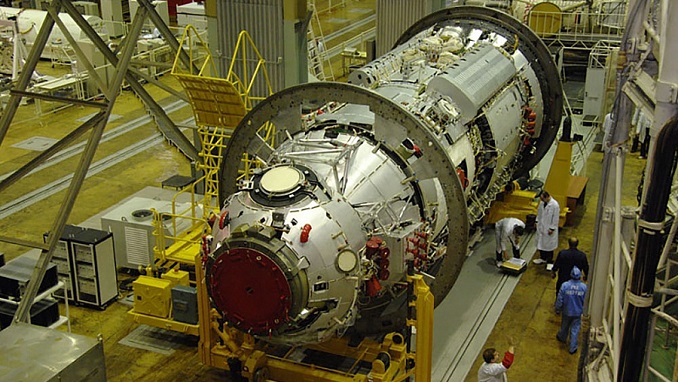Attempts to blame the Russian Nauka research module for the delayed launch of the CST-100 Starliner spacecraft to the International Space Station (ISS) are improper, according to Roscosmos Spokesman Vladimir Ustimenko on Wednesday.
“What we don’t understand is why NASA and Boeing are blaming the Russian Nauka module for the delay in the face of major issues [with the U.S. spacecraft]. Furthermore, the weather at the spaceport was poor, so the spacecraft and the carrier rocket were returned to the Vertical Integration Facility, which would not have happened if the delay had been caused by the Nauka module. This does not appear to be acceptable,” Ustimenko sent a message on his Telegram channel.
However, Roscosmos recognizes that today’s activity in the space sector necessitates the use of extremely complicated technology, as Roscosmos’ press secretary said.
“Each side confronts difficulties and encounters delays. This is standard since optimum safety takes precedence over speed for each launch,” he continued.
NASA revealed last week that the launch of the Starliner spacecraft to the orbiting outpost slated for July 30 had been postponed. The launch was postponed due to an unanticipated activation of the Russian Nauka research module’s thrusters after docking with the ISS.
The Starliner was scheduled to take flight on August 3 under the revised plans. Several hours before the launch, however, Boeing stated that it was contemplating postponing the launch until August 4.
Later, Boeing stated that the August 4 launch of the Starliner spacecraft to the orbiting outpost had been postponed indefinitely due to the necessity for additional time to examine the spaceship’s readiness.












